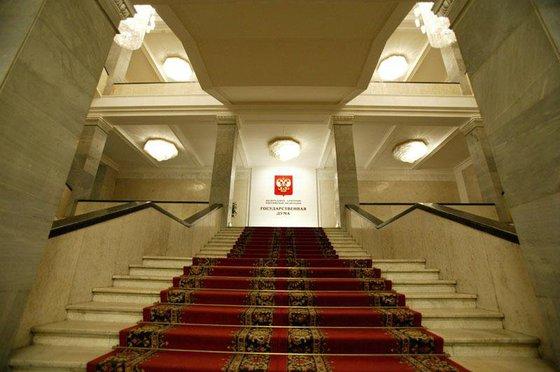We are so accustomed to what the polls, which sometimes imagine that something similar existed from time immemorial: lists, ballots with multiple candidates, booths, ballot boxes, the Commission with a certain level of impartiality, scurrying around the candidates and observers.
Let’s think differently, referring to the literature of those times, when free, and all General elections in our country did not exist. That is, the dictionary of Brockhaus and Efron 1890 edition.
The word elections is used as a legal term to denote the act by which prominent public or political connection selects from their midst one or more of its members, as representatives of the interests of this social group or a nation, or as individuals, meets the conditions required for elected positions or perform certain public functions. As one of the ways institutions or transfer any rights to the person elected, the elective principle can coexist with other known conditions of the appearance of authority, what are: the birth, competition, toss, turn, and appointment from the government. “
It is clear, that is, the elections in reality (as they were seen during pre-election era) – not a contest, not a lot, not all and not the kind of purpose from the government. It’s a way of separation from your environment or another person to represent the interests of specified community groups or performing certain public functions.
And all the rest is so, flowers or pretty bows. Can secretly, openly, with booths on the Internet – no special significance “in the long term” it does not. On the contrary – sometimes much harder to pass the outdoor stage of nomination in their environment than the process of the secret ballot, which voters the candidate communicates with the leaflets, but the entry in the Bulletin.
Maybe that’s why in our country the indirect open voting in the elections to the Congress of Soviets in 1936 was replaced by a direct secret, but unopposed: it is the eyes look harder, and then – 99,6% (well, well, try under the supervision of the party Committee come to the booth and someone cross out) voters something navybirali, and now elected then anyone not remember. Why don’t you remember? Because they were not valid representatives of the relevant community constituents, and just served a lesson.”
Actually, very often the electoral campaign, for all their appearance of democracy, not like elections in Aprono-Brovarskoy interpretation. Because there is no certainty that people are going to candidates is to provide the relevant part of the population, to be the mouthpiece of the community or political stratum. There are just nice words of “I and you” (and where we saw you?), “I am stable and reliable” (the desire to have a salary and do nothing?), “I love the Fatherland” (and who does not love her, show it to me?), but there is no real struggle for the right to be representative of their respective constituents.
And who is this Deputy? Imposing man with a flag icon sitting in the office? I’m not sure. “In Russia, so called the person we send to the establishment or bar to prisutstvovali in the production of any business or any action of safeguarding of the institution or classes or persons belonging to him.”
That is, the Soviet phrase “the Deputy – the servant of the people” – not that and empty words. Because its main objective is to protect the interests of the persons who directed it. But if he sent people – that, accordingly, the protection of his interests, not someone else other.
Imagine that you need to choose a lawyer to represent your interests in government. What you notice? The understanding of the essence of the case, his knowledge, characteristics, experience of past cases, his promises to you in the conduct of Affairs, the cost of its services, which is also important. Then make a contract with him and send to the appropriate authority. Why do we otherwise commend our representatives in Parliament? It’s not just anybody, but precisely those whom we trust to administer our destiny and our families by voting or not voting for the projects considering the whole of society. And, unlike the lawyer, we cannot refuse their services early, and should wait for the expiry of the election, then to elect a new one.
So the election is such a specific procedure through which we, as residents of the area sent in collegiate bodies of walkers representing and protecting our interests. Because elections can be without cubicles, without ballots and without even the election commissions. But they will not be without people who understand their interests and are willing to defend them. That is – no voters.







